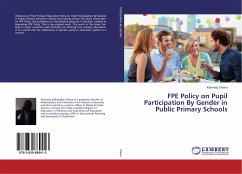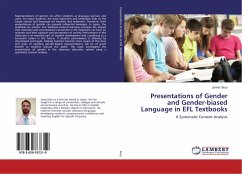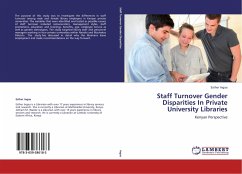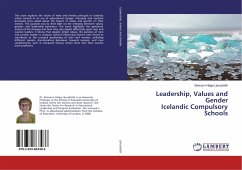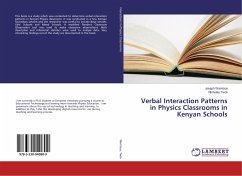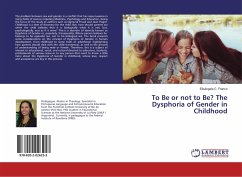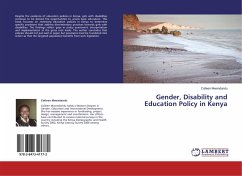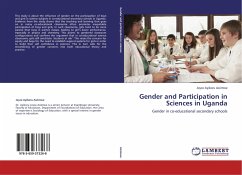
Gender and Participation in Sciences in Uganda
Gender in co-educational secondary schools
Versandkostenfrei!
Versandfertig in 6-10 Tagen
37,99 €
inkl. MwSt.

PAYBACK Punkte
19 °P sammeln!
This study is about the influence of gender on the participation of boys and girls in science subjects in co-educational secondary schools in Uganda. Evidence from the study shows that the teaching and learning that goes on in many co-educational classrooms often promotes inequitable participation of boys and girls. In such classrooms, girls tend to be more passive than boys in science classes, leading to girl s lower performance, especially in physics and chemistry. This points to gendered classroom configurations and confirms the argument that in co-educational science classrooms, girls stil...
This study is about the influence of gender on the participation of boys and girls in science subjects in co-educational secondary schools in Uganda. Evidence from the study shows that the teaching and learning that goes on in many co-educational classrooms often promotes inequitable participation of boys and girls. In such classrooms, girls tend to be more passive than boys in science classes, leading to girl s lower performance, especially in physics and chemistry. This points to gendered classroom configurations and confirms the argument that in co-educational science classrooms, girls still constitute students at risk . This raises the concern for equity and begs for the need to establish support-systems for girls in order to build their self confidence in sciences. This in turn calls for the streamlining of gender concerns into both educational theory and practice.



